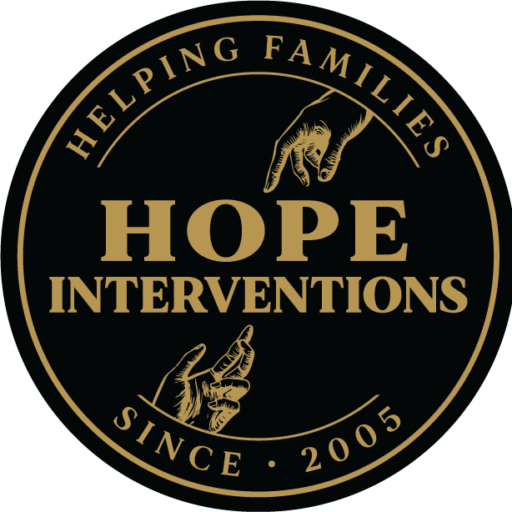Watching a loved one struggle with addiction can be heart-wrenching and overwhelming. You may feel unsure of when or how to step in to help. While the decision to hold an intervention is deeply personal, there are clear signs that indicate it may be time to take action.
In this blog, we’ll discuss the warning signs of addiction, when to consider an intervention, and how to approach the process with care and professionalism.
Understanding Addiction
Addiction is a chronic condition that affects the brain’s reward, motivation, and memory functions. Over time, substance abuse alters behavior, relationships, and physical health. Recognizing addiction requires paying attention to patterns and changes in your loved one’s life.
Key Signs That Indicate It’s Time for an Intervention
Behavioral Changes
Addiction often causes noticeable shifts in behavior. Look for signs such as:
- Increased secrecy or isolation.
- Drastic changes in mood or personality.
- Neglecting responsibilities at work, school, or home.
- Risky or illegal behaviors, such as driving under the influence or theft.
Physical and Mental Health Decline
Substance abuse takes a toll on the body and mind. Common signs include:
- Sudden weight loss or gain.
- Poor hygiene or neglect of personal appearance.
- Chronic fatigue or lethargy.
- Increased anxiety, depression, or paranoia.
Financial Problems
Addiction can lead to financial instability, evidenced by:
- Unexplained expenses or frequent requests for money.
- Selling personal items to fund their addiction.
- Mounting debt or unpaid bills.
Financial Problems
Addiction can lead to financial instability, evidenced by:
- Unexplained expenses or frequent requests for money.
- Selling personal items to fund their addiction.
- Mounting debt or unpaid bills.
Damaged Relationships
Substance abuse often strains relationships with family and friends. Look for:
- Frequent arguments or conflicts.
- Withdrawal from loved ones or social activities.
- A pattern of broken promises or commitments.
Denial and Refusal to Seek Help
Many individuals struggling with addiction deny their problem or resist getting help. Signs of denial include:
- Downplaying the severity of their substance use.
- Becoming defensive or angry when confronted.
- Avoiding conversations about their behavior.
The Purpose of an Intervention
An intervention is a structured and compassionate meeting designed to:
- Help the individual recognize the impact of their addiction.
- Encourage them to accept professional help.
- Provide a clear plan for treatment and recovery.
Interventions are not about blame or punishment but about showing love and concern while presenting a path forward.
Preparing for an Intervention
If you’ve recognized the signs and feel it’s time for an intervention, careful planning is essential. Here are key steps to take:
Consult a Professional
Working with a professional interventionist increases the likelihood of success. They can:
- Guide the planning process.
- Help manage emotions during the meeting.
- Connect your loved one to appropriate treatment resources.
Gather a Support Team
Select a small group of trusted family members and friends who are committed to the individual’s well-being. Ensure everyone is prepared to stay calm and supportive during the intervention.
Create a Plan
Develop a detailed plan that includes:
- A private, neutral location for the meeting.
- A clear script for each participant to share their thoughts and concerns.
- Treatment options and next steps if the individual agrees to get help.
Here to Help
Contact us today to learn more about how we can help you plan a successful intervention and connect your loved one with the treatment they need.
At Hope Interventions, we specialize in guiding families through the challenging process of addiction interventions. Our experienced team provides the expertise, compassion, and resources needed to make a difference. If you’re concerned about a loved one and unsure of what steps to take, we’re here to support you every step of the way.
Be Ready for Resistance
Understand that the individual may react with denial, anger, or resistance. Stay patient and focused on the goal of helping them seek treatment.

